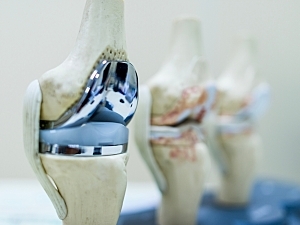Brigham Researchers Uncover Link Between Metformin and Appetite Suppression

Controlling a newly discovered pathway between the “anti-hunger” molecule N-lactoyl phenylalanine (Lac-Phe) and the widely prescribed diabetes drug metformin could lead to viable strategies to reduce body mass and improve health in millions of people. Lydia Lynch, PhD, and Marie McDonnell, MD, discuss their study.
Read More...







